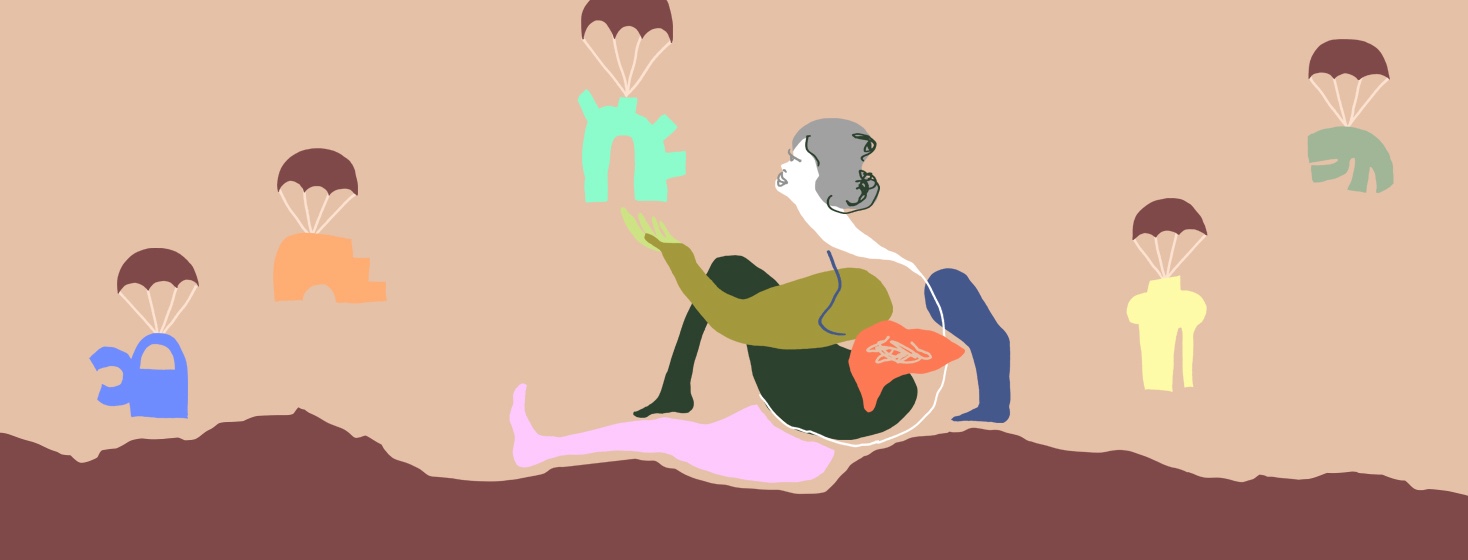Help for Hepatitis C Treatment Side Effects
Treatment for hepatitis C has improved greatly over the past 5 years in various ways. Hepatitis C treatment is now available for all genotypes and liver conditions, with shorter treatment length, higher cure rates, and fewer side effects. And, gone are treatments that include interferon with harsh side effects.
Common treatment side effects
While treating hep C with today's direct-acting antivirals, some side effects are still possible. However, some patients report experiencing few to no side effects. Some common side effects include headache, fatigue, nausea, diarrhea, and insomnia.
If ribavirin is used in combination with hepatitis C treatment, increased side effects can occur. When ribavirin is used, these side effects are possible: fatigue, headache, anemia, nausea, insomnia, diarrhea, and irritability/anxiety.
Ways to deal with headaches
Here are some ways to deal with headaches caused by hepatitis C treatment:
- Ask your doctor what over the counter meds they recommend for headache.
- Take naps or rest in a darkened room.
- Use cool cloths for your head and neck.
- Relaxing showers and baths can help relieve muscle tension.
If headaches persist, ask your doctor about a prescription to help relieve headaches. Most people report headaches in the first part of the treatment.
Ways to deal with nausea
Here are some options for dealing with nausea caused by hepatitis C treatment:
- Keep something light on your stomach like crackers and sipping on Ginger Ale or 7-Up.
- Eat small meals and snacks throughout the day.
- Avoid spicy foods. Eat bland foods that are easy to digest.
If nausea persists, talk to your doctor about a prescription for nausea such as Zofran.
Ways to deal with anemia
Here are some ways to deal with anemia caused by hepatitis C treatment:
- Ask your doctor if you may take B-12 tablets daily and other B vitamins.
- Blood tests will show if you are anemic and to what degree. Treatment may need to be adjusted if anemia persists.
Ways to deal with fatigue
- Drink at least 64 ounces of pure water daily. This will help you from becoming dehydrated. Drinking plenty of water can also help you feel refreshed.
- Ask your doctor if you may take B-12 tablets or shots to help boost your energy.
- Try to get more sleep at night.
- Schedule rest breaks during the day.
- Mild exercise like short walks can often help increase energy.
Of all side effects, fatigue is the most common that can linger throughout treatment and into a while in recovery. Report fatigue and all side effects to your doctor. Keep up with your blood work to make sure you’re not anemic or other issues exist.
If you experience anxiety or depression
Anxiety and depression are not common side effects with direct-acting antivirals, but can occur. Report anxiety and depression to your doctor. A prescription for anti-anxiety or anti-depression medication can help relieve your side effects and serve as a tool to help you during treatment.
Getting through treatment
The hardest part of treatment is the beginning. Your body is going through an adjustment period. Side effects can often be seen more often during the first part of treatment then taper off and clear.
Remember, treatment is temporary and so are side effects compared to the rest of your life. Keep your focus on the goal which is completing treatment and being cured. You will get there.

Join the conversation